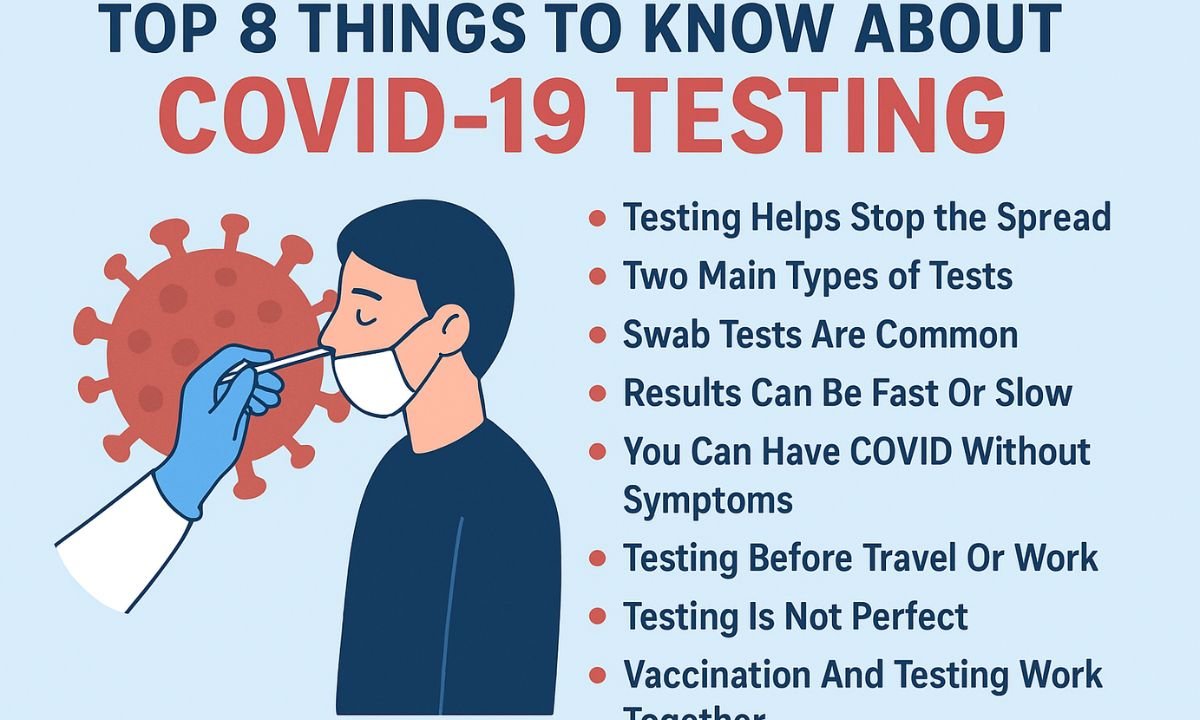COVID-19 changed the way we live, travel, and even meet people. One of the most important tools we have to stay safe is testing. But many people still have questions about it. What does it mean? How does it work? And why should we care? Let’s break it down in a simple way so you can understand it better.
Testing Helps Stop the Spread
Think of testing like turning on a light in a dark room. If you can see what’s around, you can avoid danger. COVID-19 testing helps us know if someone has the virus, even if they don’t feel sick. This way, they can take steps to protect others and reduce the spread.
Two Main Types of Tests
There are mainly two types of tests: one looks for the virus itself, and the other looks for antibodies in your body. The first test shows if you are currently infected, while the second shows if you were infected before. It’s like checking if the fire is still burning or if only ashes are left.
Swab Tests Are Common
Most people know about the swab test. A long cotton swab is gently put inside your nose or throat to collect a sample. It may feel a bit uncomfortable, but it only lasts a few seconds. This test is quick, safe, and one of the most used methods.
Results Can Be Fast Or Slow
Some tests give results in minutes, while others take a day or two because they need a lab. Quick tests are useful when results are needed fast, like before travel. Lab tests are usually more accurate, even though they take longer.
You Can Have COVID Without Symptoms
One tricky part about COVID-19 is that people can carry the virus without looking or feeling sick. This is why testing is so important. It’s like carrying a hidden package without knowing what’s inside. Testing helps uncover it.
Testing Before Travel Or Work
Many countries, airlines, and workplaces ask for a negative test before you enter. This is done to keep groups safe. So, if you plan to travel or join a big event, testing may be part of the process.
Testing Is Not Perfect
No test in the world is 100% perfect. Sometimes results can be wrong—showing negative when you are positive or positive when you are not. But still, testing gives us a strong idea and helps doctors and health experts make better decisions.
Vaccination And Testing Work Together
Some people think that if they are vaccinated, they don’t need testing. But testing still matters. Vaccines protect us from severe illness, but we can still carry the virus. Testing and vaccines together are like wearing both a seatbelt and helmet for extra safety.
Conclusion
COVID-19 testing is one of the strongest shields we have in this fight. It helps us know where the virus is, stop it from spreading, and protect our loved ones. Even if it feels a bit uncomfortable, it’s a small step for a much bigger safety. Remember, testing is not just about you—it’s about everyone around you.










